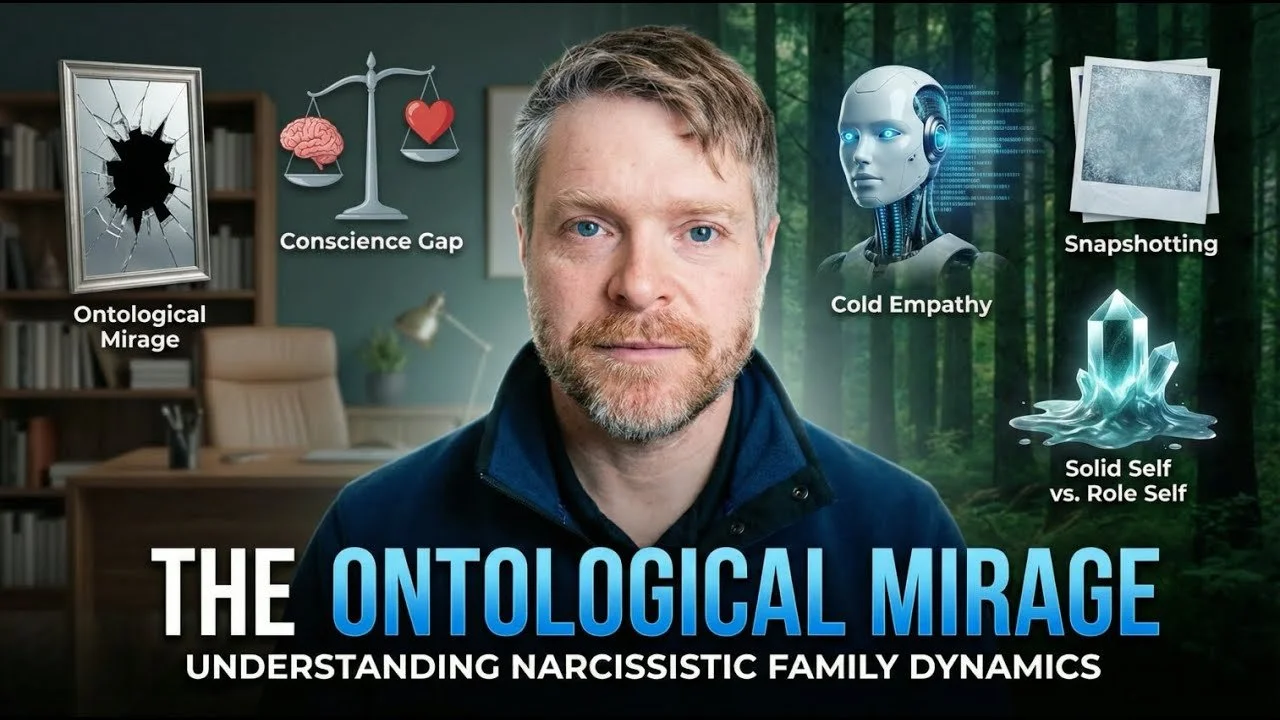
The Ontological Mirage: Deconstructing the Narcissistic Family Structure
Stop being the "emotional pillow" for a dysfunctional system. Discover why narcissists use "cold empathy" and "snapshotting" to freeze your growth, and learn how to move from a "Role Self" to a "Solid Self" using Bowen Family Systems Theory.
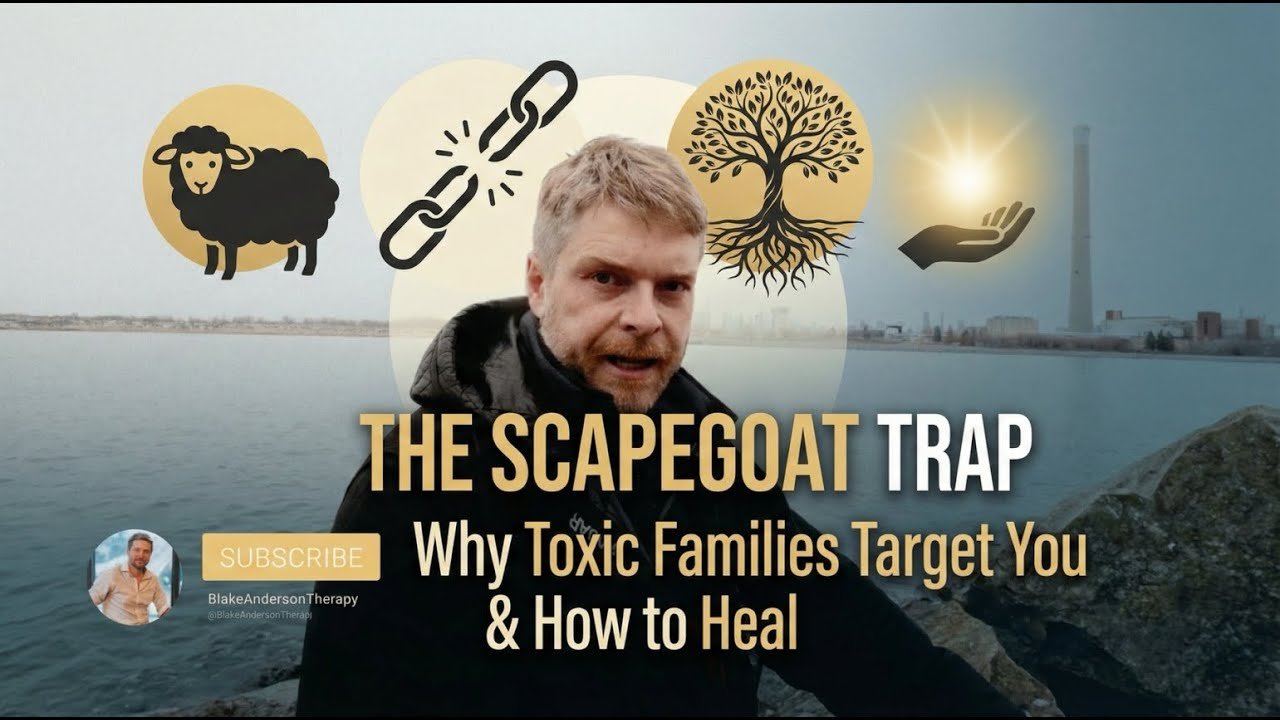
The Scapegoat Trap: Why Narcissistic Families Target You (And How to Heal)
Are you the "Identified Patient" in your family? Discover why narcissists target the scapegoat, understand the "Dual Mothership" trap, and learn actionable protocols like IFS to retire your role and reclaim your life.

The Narcissistic Double Bind: Escaping Neurobiological Entrapment & The Conscience Gap
Feel trapped in a "no-win" relationship? Discover the neuroscience behind the narcissistic double bind, understand the "conscience gap."

Sibling Betrayal in Narcissistic Families: The Scapegoat's Reality
Discover why siblings in narcissistic families betray the Scapegoat. Explore the dynamics of splitting, the 'Golden Child' role, and how to heal from this deep loss.
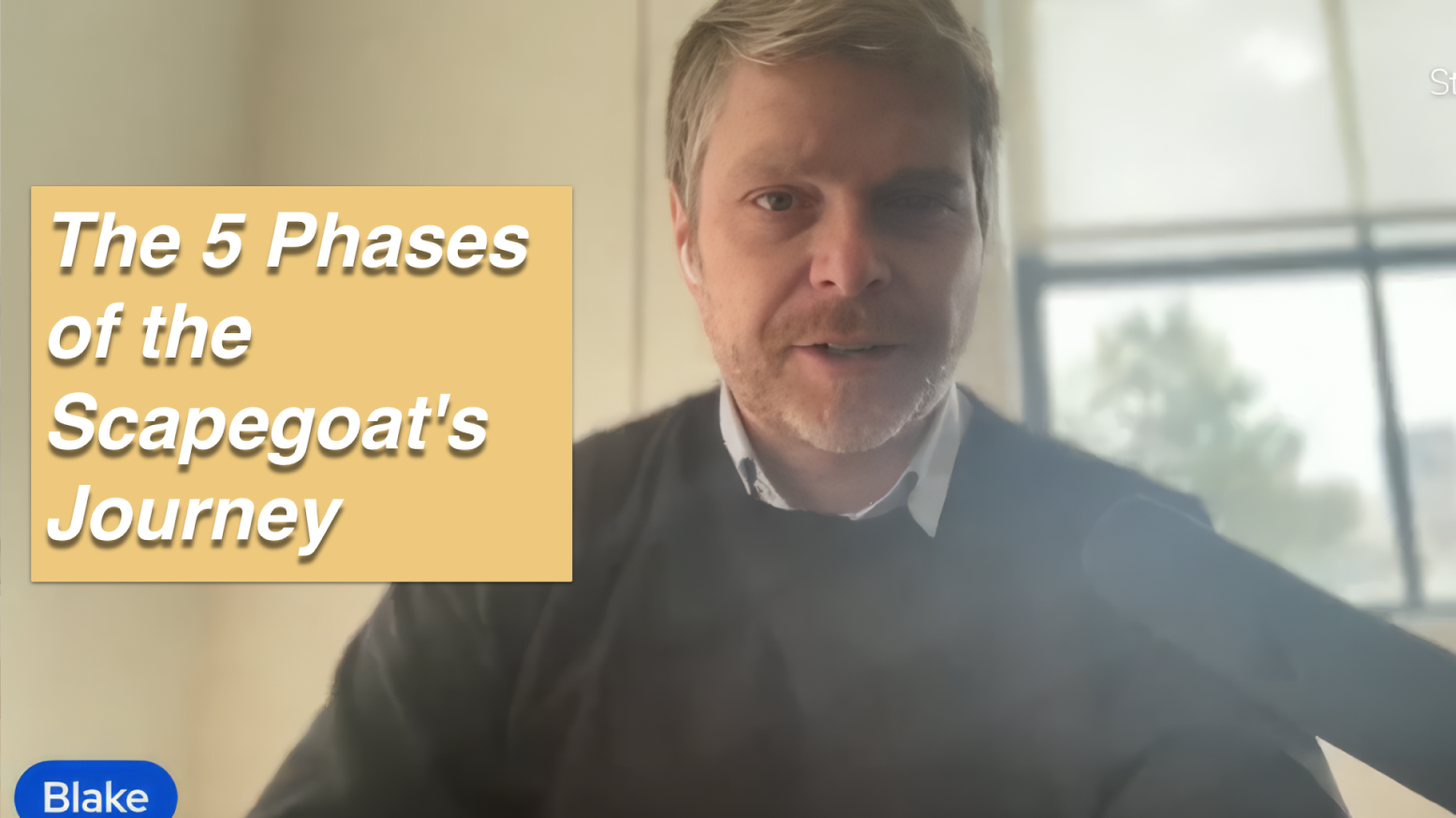
The 5 Stages of the Scapegoat: From Family Shadow to Radical Acceptance
Identify where you are on the journey from "Identified Patient" to freedom. A therapist's guide to the 5 stages of scapegoat recovery, navigating hoovering, and finding radical acceptance.

Navigating High-Conflict Divorce: Parallel Parenting and Protecting Your Peace
Struggling with a high-conflict ex? Learn the difference between Co-Parenting and Parallel Parenting, how to use the BIFF method, and strategies to protect your children from alienation.
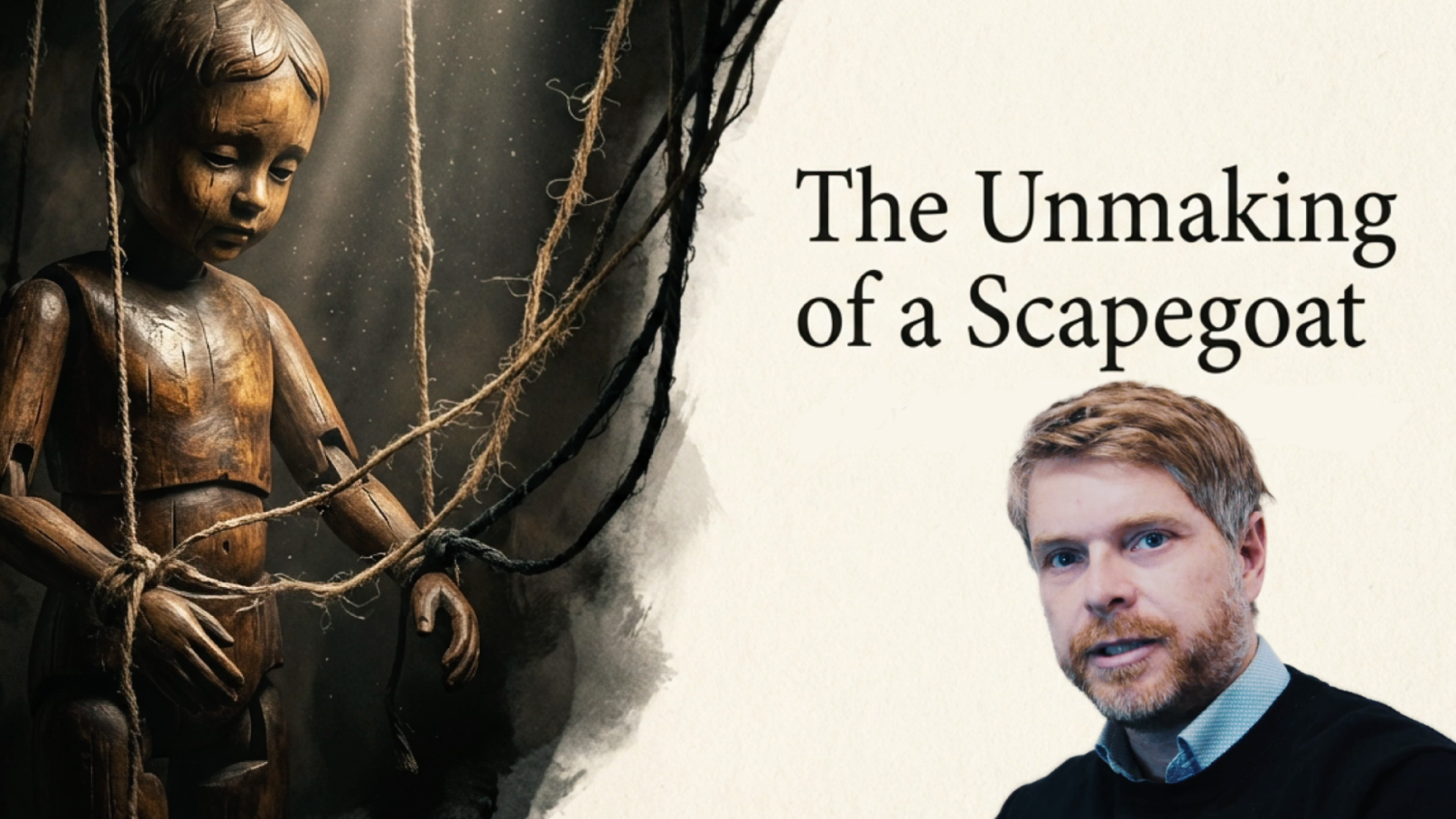
The Scapegoat Mindset: From Family Truth Teller to Conscious Healing
The scapegoat isn't the problem—they are the family truth teller. Learn how to break repetition compulsion and use IFS to heal from narcissistic abuse.

The Scapegoat Role: Unraveling Narcissistic Family Dynamics and Finding Your Truth
Explore the complex dynamics of the scapegoat role in narcissistic families. Learn how to break the cycle of repetition compulsion, heal the inner child through Internal Family Systems (IFS), and reclaim your true self from the family shadow.
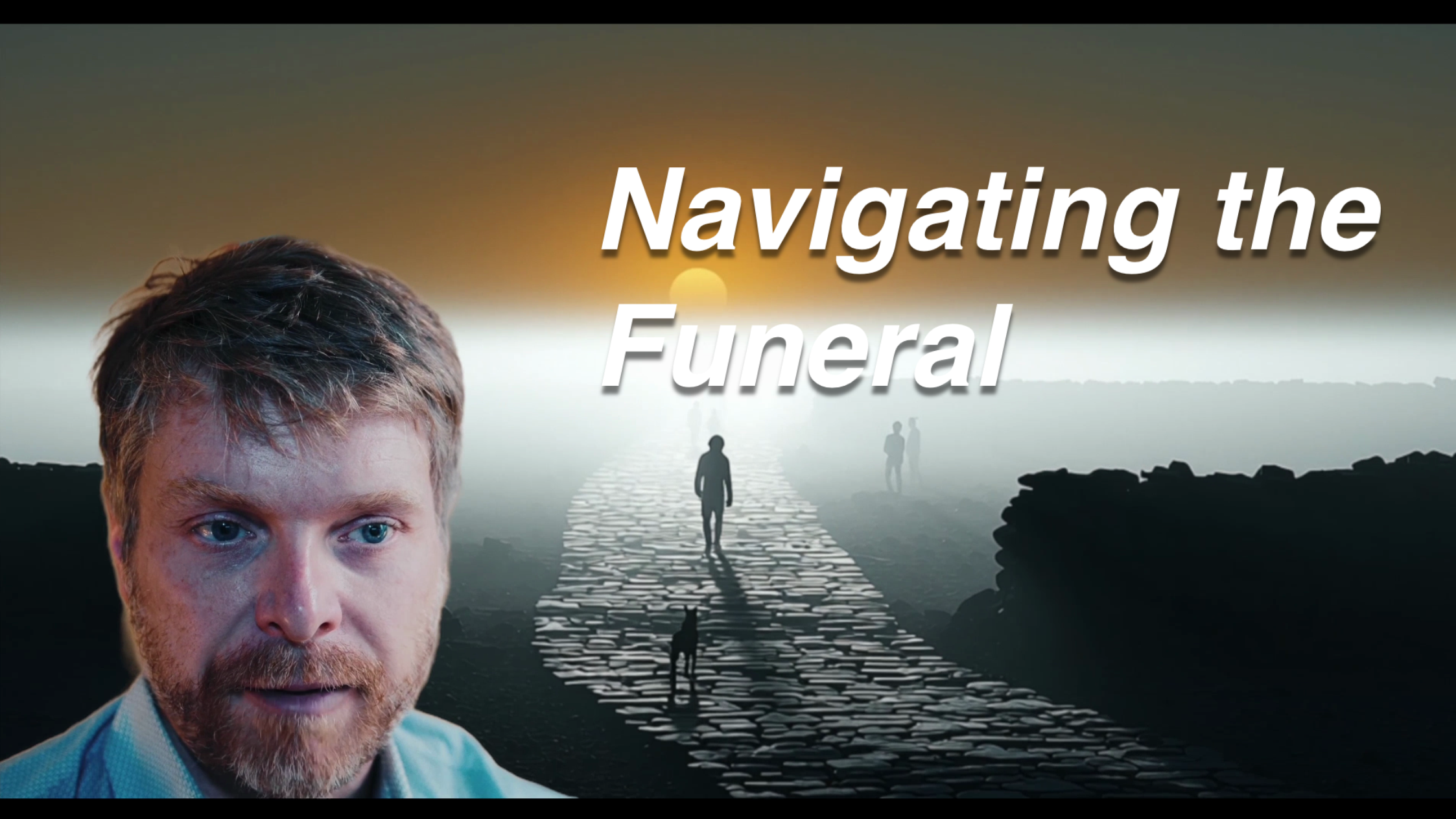
When a Narcissistic Parent Dies: To Attend the Funeral or Not?
A therapist's guide on deciding whether to attend a narcissistic parent's funeral. Explore going no contact, the healing fantasy, and managing disenfranchised grief.

The Alchemical Journey: Carl Jung, The Scapegoat, and The Devouring Mother
Explore how the narcissistic mother projects her shadow onto the scapegoat child and discover how to heal using Carl Jung’s alchemical process of self-integration.

Born to Carry the Family Shadow: The Scapegoat's Journey from Wound to Self-Mastery
Explore how narcissistic families project the "shadow" onto the scapegoat. Learn to heal the inner critic, integrate somatic trauma, and break the cycle of abuse through depth psychology.

Understanding the Narcissistic Family Scapegoat: A Four-Quadrant Map to Healing and Recovery
Toronto therapist Blake Anderson explains the narcissistic family scapegoat using Ken Wilber’s integral four-quadrant model. Understand toxic shame, C-PTSD, and the exact steps to recovery and individuation. Free healing toolkit included.

Why Narcissists Don’t Truly Criticize You: They Erase Your Identity
Discover why narcissists rarely offer true criticism: they annihilate and erase your independent self, converting you into an internal “snapshot.” Toronto therapist Blake Anderson draws on Sam Vaknin’s insights to explain covert narcissistic abuse, snapshotting, solipsism in narcissistic parents, and the path to differentiation through limited or no contact.

Understanding the Narcissistic Family Dynamic: Sibling Relationships
In this blog post, Blake delves into the complex dynamics of narcissistic families, especially focusing on the role of siblings. He discusses how narcissistic parents and their enablers impact the family dynamic, leading to gaslighting and emotional trauma.

The Narcissist’s Shared Fantasy: Unplugging from the Illusion (The Matrix Analogy)
Discover the narcissistic "shared fantasy" through The Matrix analogy—why narcissists believe their illusions, gaslighting fails accountability, and how no/low contact leads to true healing.

The Scapegoat Archetype: Insights from Jesus, Socrates & Carl Jung for Resilience & Growth
Delve into the psychological archetype of the scapegoat, drawing historical and philosophical insights from Jesus and Socrates. Explore Carl Jung's shadow integration, alchemical synthesis, and applications to dysfunctional family dynamics and narcissistic abuse recovery, including strategies for post-traumatic growth and resilience building.

Understanding the Narcissistic Mother: Dynamics, Impact, and Pathways to Healing
Explore the psychological dynamics of narcissistic mothers, including the "dead mother" concept from Sam Vaknin, unhealthy gaze, and void projection. Learn about long-term effects on independence and self-worth, plus recovery paths like no contact and post-traumatic growth for narcissistic abuse survivors.

Insights into Flying Monkeys in Narcissistic Family Dynamics: Strategies for Scapegoat Recovery
Discover how narcissistic parents use flying monkeys to manipulate and distort reality for the family scapegoat. Toronto therapist

Navigating Narcissistic Dynamics and Diminished Achievements
Explore how narcissistic parents and siblings diminish the scapegoat's achievements in dysfunctional family systems. Learn coping strategies, boundary setting, and recovery insights from Toronto therapist Blake Anderson.

No Contact with Narcissistic Families: Sacrifices, Healing, and Scapegoat Recovery
This blog explores going no contact with narcissistic families as the scapegoat. Address sacrifices like inheritance and relationships, handle flying monkeys and smear campaigns, break repetition compulsion, and heal through reparenting, inner bonding therapy, and cognitive reframing.
